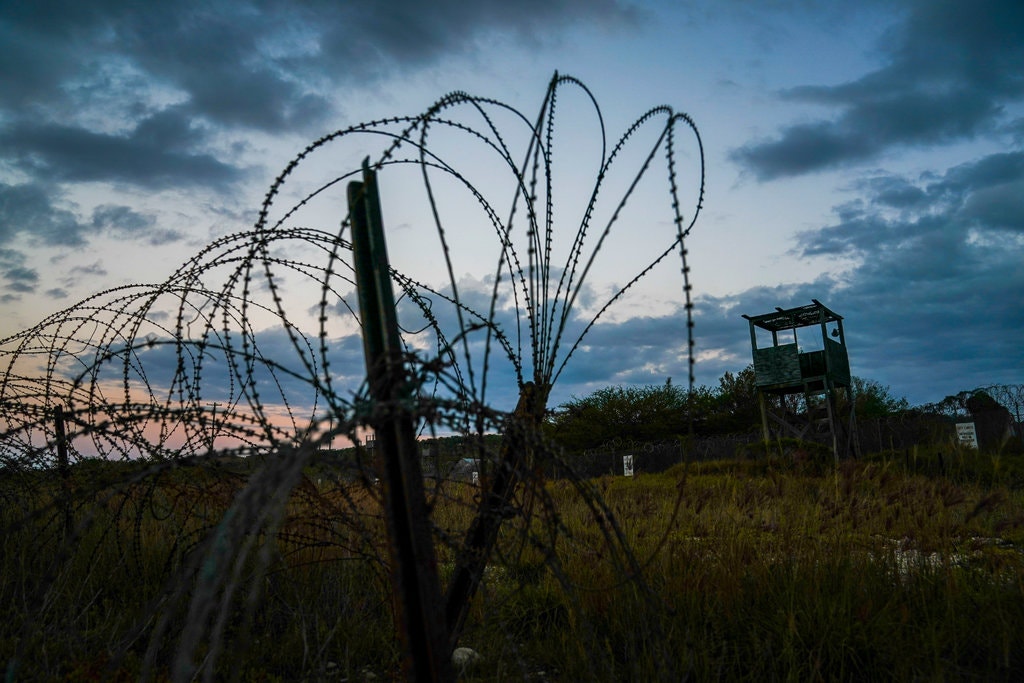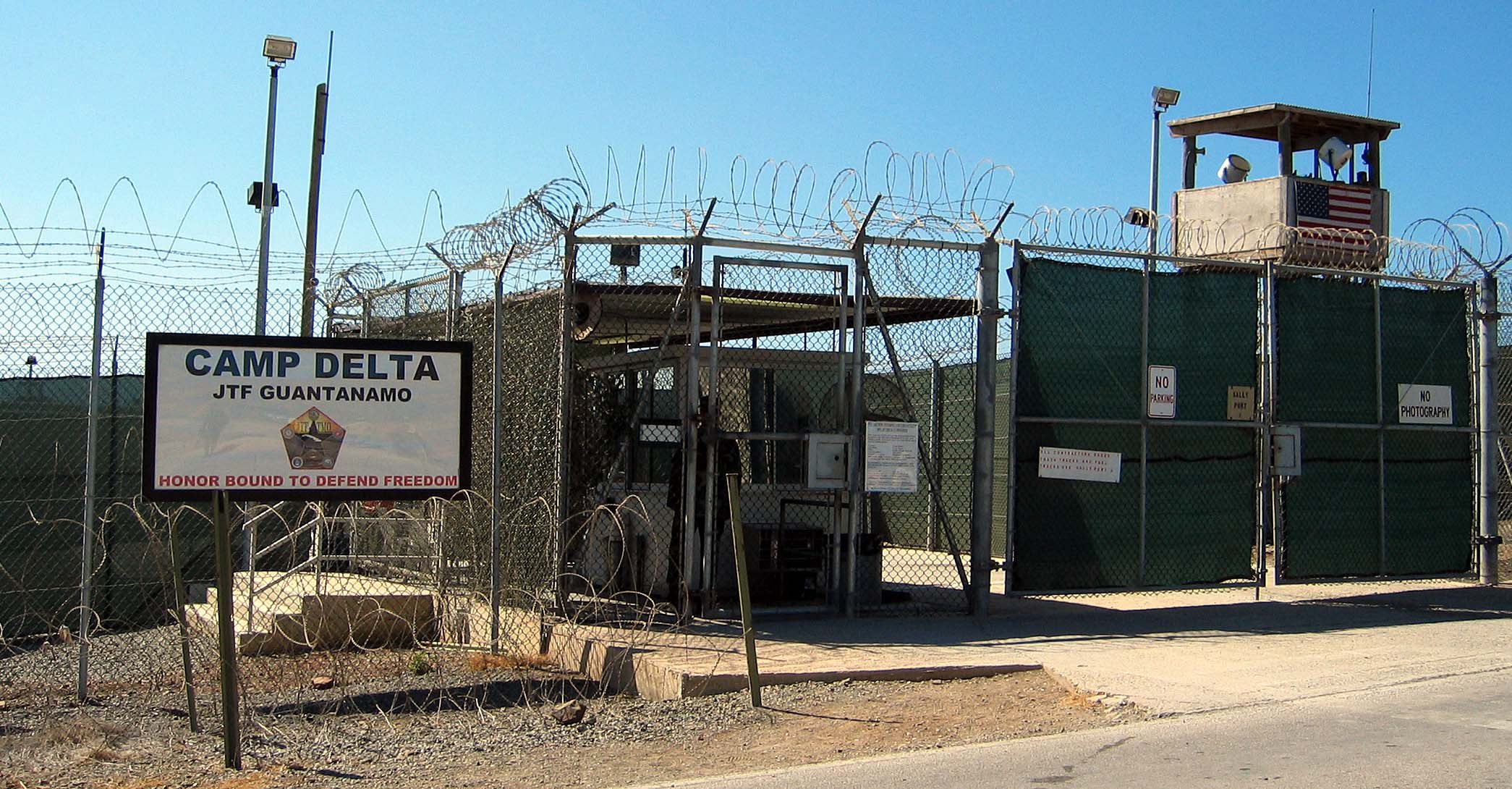
WASHINGTON — A federal judge has ordered the United States military to have a panel of American and foreign doctors examine a Saudi man who was tortured at Guantánamo Bay to determine whether he should be released from the prison there and sent home for psychiatric care.
The 25-page opinion issued Friday by U.S. District Judge Rosemary M. Collyer is a departure from the court's usual deference to the military on medicine at the wartime prison at the U.S. Navy base in Cuba. It also gives foreign doctors a decisive say in determining, for the first time, whether to release a detainee from Guantánamo Bay.
Judge Collyer wrote that she was granting a request by lawyers for the prisoner, Mohammed al-Qahtani, to compel the United States to apply an Army regulation designed to protect prisoners of war and to create "a mixed medical commission" made up of a medical officer from the U.S. Army and two doctors from a neutral country chosen by the International Committee of the Red Cross and approved by the United States and Saudi Arabia.
Mr. Qahtani, who is in his 40s, had a history of profound mental illness and psychiatric hospitalization in Saudi Arabia before he left in 2000 or 2001. He was captured along the Pakistan-Afghanistan border after the Sept. 11, 2001, terrorist attacks and subjected to two months of continuous, brutal interrogation by the U.S. military inside a wooden hut at Camp X-Ray at Guantánamo in late 2002 and early 2003, after the military closed that particular detention facility.
For a time, prosecutors sought to include Mr. Qahtani in the Sept. 11 death penalty trial as a would-be 20th hijacker. He was denied entry into the United States in the summer of 2001 by a border agent at Orlando International Airport in Florida. But he was disqualified from the trial by a senior Pentagon official who concluded that the U.S. military tortured him at Guantánamo.
A U.S. board with representatives from six national security agencies concluded in 2016 and 2018 that it would be too dangerous to release Mr. Qahtani. He was designated an indefinite detainee who could be held for the duration of the war on terror.
In response, Mr. Qahtani's lawyers petitioned the court to order the Pentagon to treat him like a prisoner of war with Geneva Convention protections, as defined by a U.S. Army regulation, to evaluate whether he was too ill to be held at Guantánamo.
Department of Justice lawyers opposed the request, saying that Guantánamo detainees were not covered by the Army regulation.
In ordering the evaluation, Judge Collyer relied on a report from Dr. Emily A. Keram, an American psychiatrist who treats U.S. veterans and who examined Mr. Qahtani at Guantánamo and some of his medical records in Saudi Arabia. The report said that Mr. Qahtani spent four or five days in the psychiatric unit of a hospital in Mecca, Saudi Arabia, after an "acute psychotic break" and a suicide attempt in May 2000.
Dr. Keram also wrote that Mr. Qahtani suffered a head injury in a car accident when he was a child and was subsequently diagnosed with schizophrenia. One symptom included hallucinations; he spoke to nonexistent people before he left Saudi Arabia and after his arrival at Guantánamo.
Central to Judge Collyer's order was the contention by Mr. Qahtani's lawyers that Guantánamo was not equipped to handle his psychiatric illnesses, and that he was entitled to repatriation to culturally appropriate mental health care under the prisoner-of-war provisions in the Army regulations.
The provisions give the board members access to both Mr. Qahtani and his clinical records. Recommendations are made by a majority vote, and if repatriation is warranted, it must be done within three months of the decision.
Judge Collyer wrote that she agreed with the Justice Department that the use of the mixed medical commission was entering "uncharted territory" and "likely burdensome."
Justice Department and Guantánamo officials did not reply to requests for comment on whether they would appeal or accept the order. The United States could also send Mr. Qahtani to Saudi Arabia for care in lieu of allowing the first-ever mixed medical commission to evaluate him.
The need for Mr. Qahtani's repatriation was "a matter of life and death," said Ramzi Kassem, one of his lawyers. "We hope he can return to Saudi Arabia, where he will be given the psychiatric care and treatment he needs."





